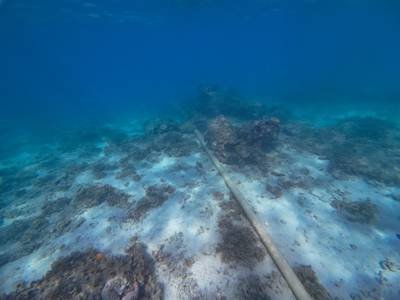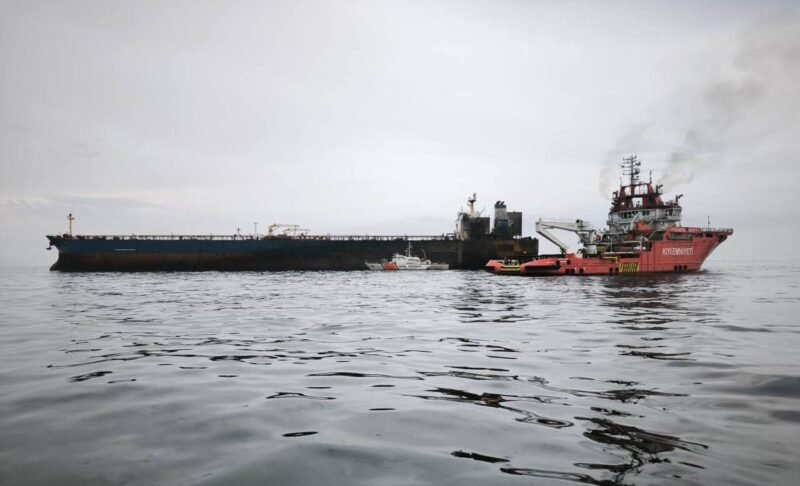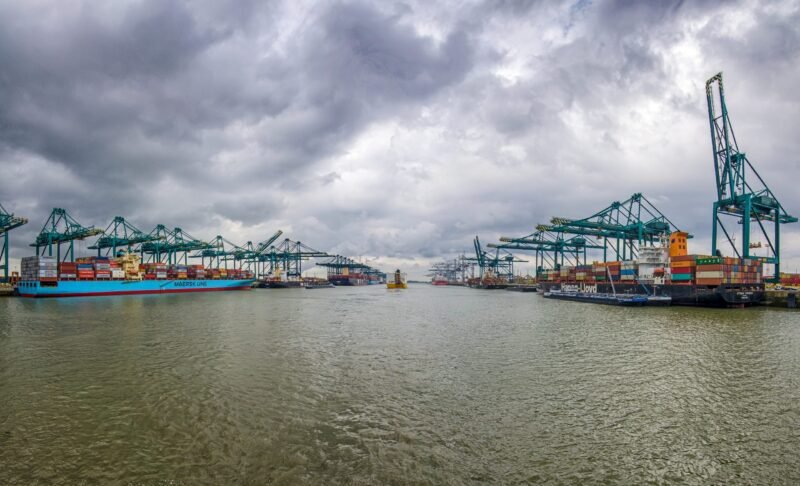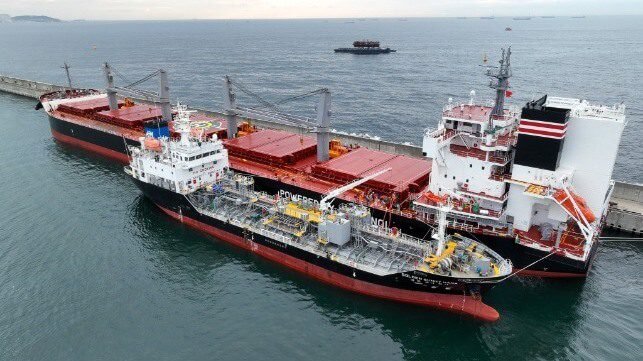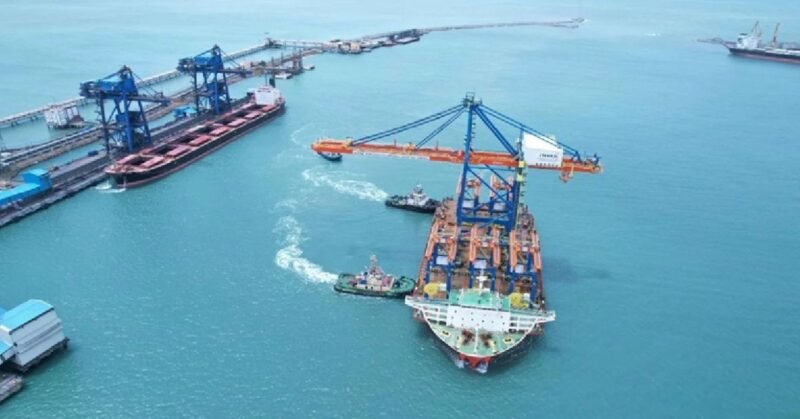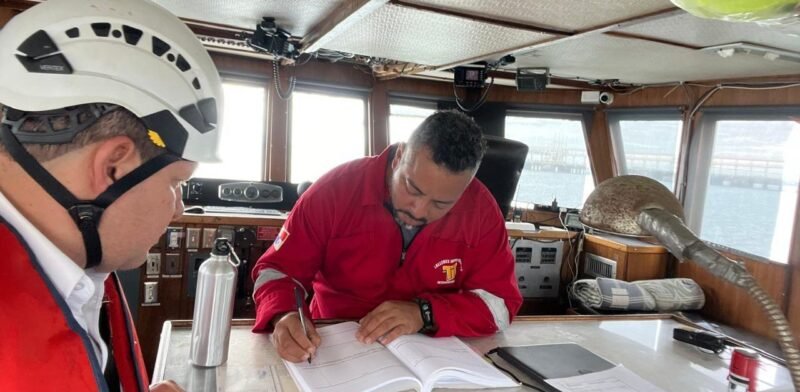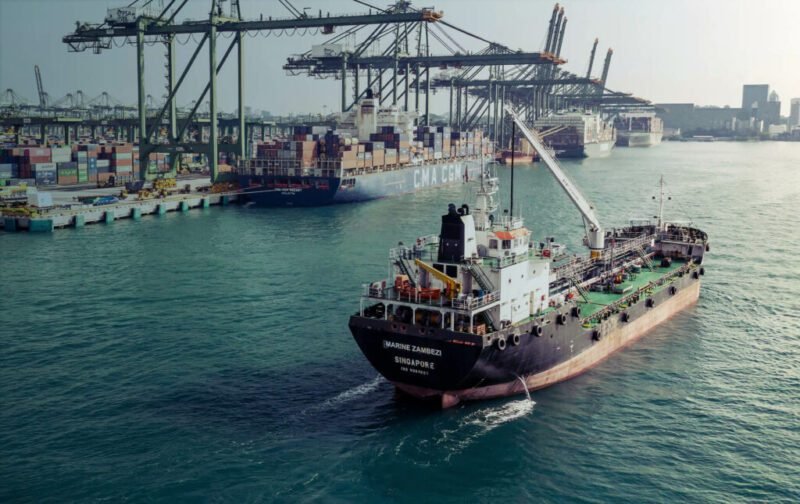South Africa’s government has introduced new regulations on ship-to-ship (STS) transfers and bunkering along its coastline to mitigate environmental risks, particularly for the critically-endangered African penguin colony in Algoa Bay. This area has seen increased maritime traffic due to the Red Sea crisis, raising concerns among conservation groups about the impact on local wildlife.
The regulations prohibit STS transfers within three nautical miles of the shore and in designated aquaculture and marine protected areas. Bunkering activities in Algoa Bay will be restricted to specific anchorages, with seasonal limits imposed. Operators must monitor for the presence of protected species during transfers and utilize hydrophone systems to detect marine life movements.
To further minimize pollution risks, transfers are banned in wind conditions exceeding 22 knots or wave heights over six feet. Only a limited number of vessels will be permitted in the bay at any time, and operators must have spill-response vessels on standby. Violations of these regulations can result in penalties of up to $2.1 million and prison sentences of up to five years.
Conservationists argue that increased bunkering has already drastically reduced the African penguin population in Algoa Bay. Local NGO SANCCOB expressed skepticism about the effectiveness of the new measures and called for stricter nighttime transfer bans and lower wave height limits.
Share it now







